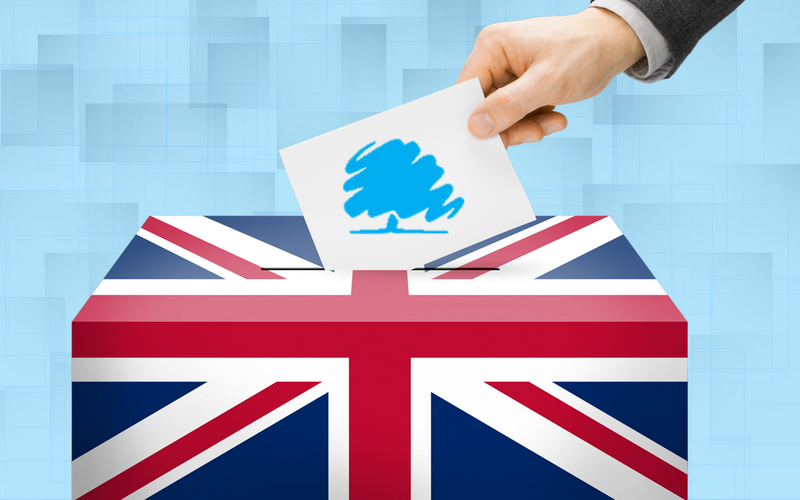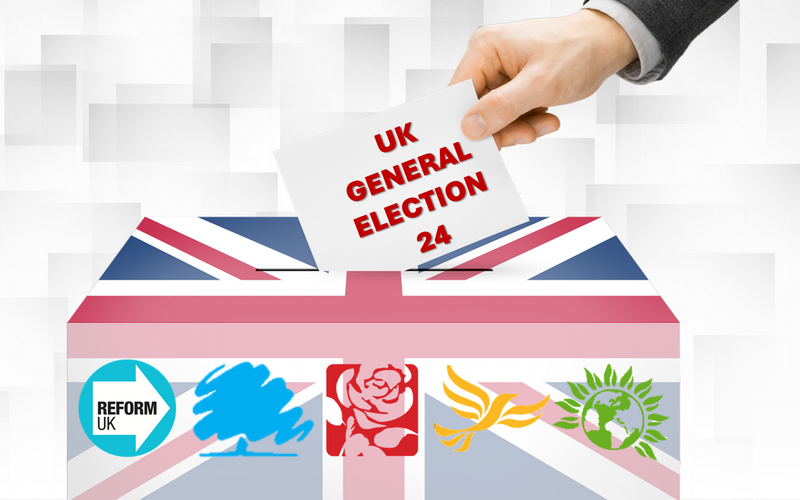Election 24 – The Manifestos – The Conservative Party
The Conservative Party Manifesto: Robert Salter provides an Analysis of the Key Tax Messages
The Conservative Party Manifesto
Overall, while the Conservatives are claiming that this is a ‘tax-cutting manifesto’, the reality is that the tax cuts they have promised (or specifically the NIC cuts) are relatively limited and are the impact of the ‘fiscal drag’ announcements that the Conservatives have already committed to up until April 2028 (as part of the last Government).
In addition, it is disappointing that the Conservatives have announced no formal investment in HMRC which tax advisors and the wider public clearly see as much needed, while their claim to collect an extra £6bn per annum to reduce the ‘tax gap’ appears unrealistic.
Not only have they not mentioned any detailed plan for ‘attacking’ the tax gap (i.e. collecting taxes which are clearly due but not paid), but the simple reality is that the continual underfunding of HMRC makes it ever more likely that the tax gap will continue to grow.

The Conservative Party Manifesto: An Analysis of the Key Tax Messages
Inheritance Tax
Jeremy Hunt, the Conservative Chancellor of the Exchequer, has stated that Inheritance Tax (IHT) is an ‘un-Conservative tax’ in his election comments.
However, despite this, the Conservative’s election manifesto does not propose any changes to the IHT system. As such, the core threshold above which IHT classically applies will remain £325,000 per individual and the standard IHT tax rate would appear to remain fixed at 40% under a future Conservative Government.
However, while IHT remains a deeply unpopular tax amongst right wing voters and politicians, the reality is that based on the present thresholds, it only affects approximately 5% of all estates. As such, even if there is no change to IHT in the coming Parliament, it will not apply to the majority of the British public.
Income Taxes
The Conservatives have always liked to consider themselves the party of ‘low taxation’, though it is clear that they have significantly increased effective tax rates over the past four years or so via the process of ‘fiscal drag’ – that is, the process whereby inflation just drives more and more taxpayers into higher rates of tax, because these tax bands and allowances have not been uplifted for a number of years. It is also clear that this fiscal drag is scheduled to continue until at least April 2028.
It is also clear that the Conservatives do not have any specific promises about reducing Income Tax rates by the 2029/30 UK tax year.
Wealth Taxes and Capital Gains Tax
The Conservatives are promising to fundamentally keep Capital Gains Tax at its present level during the next Parliament and to keep Principal Private Residence (PPR) relief in place.
The only change that they have proposed is a potential relief from Capital Gains Tax where private landlords sell their properties to their tenants. This would, however, only be a temporary easement for two years and it isn’t really clear how it would work in practice or what impact, if any, it would have on the UK housing market, for example.
Corporation Taxes
The Conservatives have confirmed that they would look to retain the standard rate of Corporation Tax at 25% throughout the next Parliament. No specific changes have been proposed by the Party from a wider UK corporate tax perspective, though they would, if finances allow, look to also reduce the ‘tax base’ by allowing the ‘full expensing of lease costs’ in due course. However, the Conservatives have not provided any time frame for this proposal to be implemented and it realistically is a ‘wish’ rather than a promise.
In addition, the Conservatives have not proposed to make any changes to the IR35 Rules regarding ‘deemed employment’ arrangements with contractors operating through Personal Service Companies (PSCs). The IR35 Arrangements are a ‘real nuisance’ to businesses using contract / contingent labour supplies and cause them to have additional administrative costs and economic risk. Given the relatively small amount that the Government gets through the IR35 changes, this would appear to be a ‘missed opportunity’ on the part of the Conservative Party.
National Insurance Contributions
In contrast with the Labour Party (who aim to keep employee and self-employed National Insurance Contributions at their existing levels), the Conservatives have promised to drop 2% off the basic rate of National Insurance Contributions (NICs) for employees (so reducing this to 6%), and to remove all standard class 4 (self-employed) NICs by the end of the next Parliament. It appears, however, that those self-employed individuals earning over £50,270 per annum would still be liable to the ‘NIC surcharge’ rate of 2% on their earnings above this threshold.
However, as this could cost around £17bn, it is not necessarily clear whether the funding is really in place for such a cut. In addition, as the payment of NICs has been a key requirement for the self-employed to accrue their UK state pension, it will be interesting to see how state pension rights will be accrued by the self-employed if these changes go ahead (or will they lose state pension rights and be expected to purely provide for their own private pensions?)
It is also worth noting that while the removal of self-employed NICs is officially – according to the Conservative Party at least – a sign that they wish to encourage and reward entrepreneurism in the UK, the reality is that the biggest winners from the removal of class 4 NICs will be the likes of self-employed GPs and the partners at major accounting and law firms. As such, the removal of self-employed NICs would not appear to be something which particularly encourages any dynamism in the UK economy.
Indirect Taxes
The Conservative Party have not proposed any substantive changes from an indirect taxes perspective (e.g. with taxes such as Stamp Duty), though they would extend the current Stamp Duty ‘holiday’ for first time buyers for property purchasers worth up to £425k. However, while this policy is designed to ‘open up’ the housing market to first time buyers, the evidence (e.g. from periods during Covid, when similar policies were utilised) indicates that all that will happen is that the price of properties will increase, as vendors now realize that buyers won’t have to pay the Stamp Duty.
Similarly, the Conservatives have not proposed any changes to the business rates or council tax systems, even though most commentators would accept that both these systems are now ‘out-of-date’ and should either be updated or fully replaced.
VAT
While the Conservative Government increased the VAT threshold for smaller businesses to £90,000 (a slight increase from the previous limit of £85,000) in the March Budget Announcement, there are no specific wider changes to VAT at the moment. The Conservatives have, however, promised not to increase the core rate of VAT in the next Parliament.

You may also be interested in

Ele Theochari has been appointed as Vice President of The Association of Taxation Technicians

Retailers Both Online and High Street Struggle Amid Rising Staffing Costs













